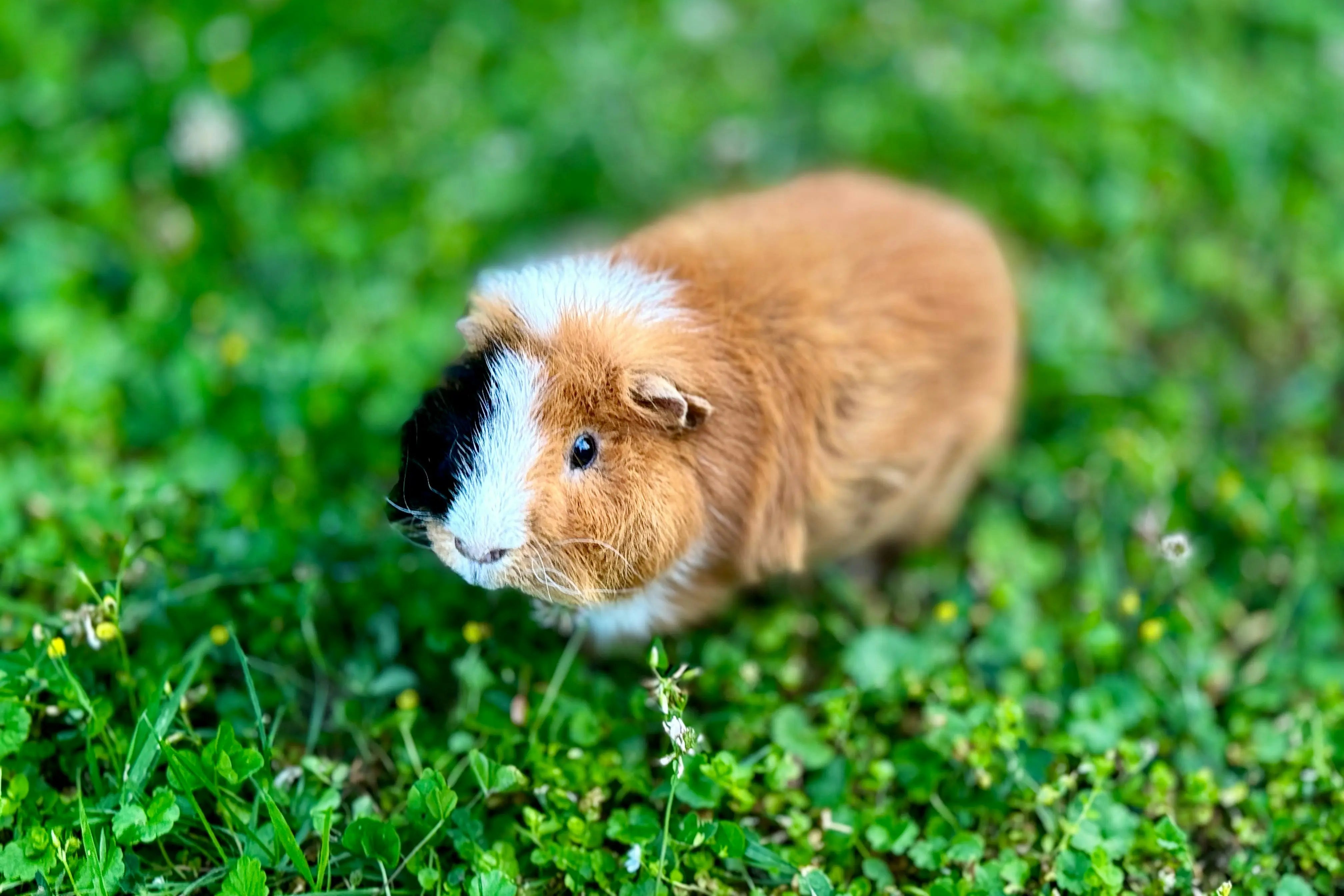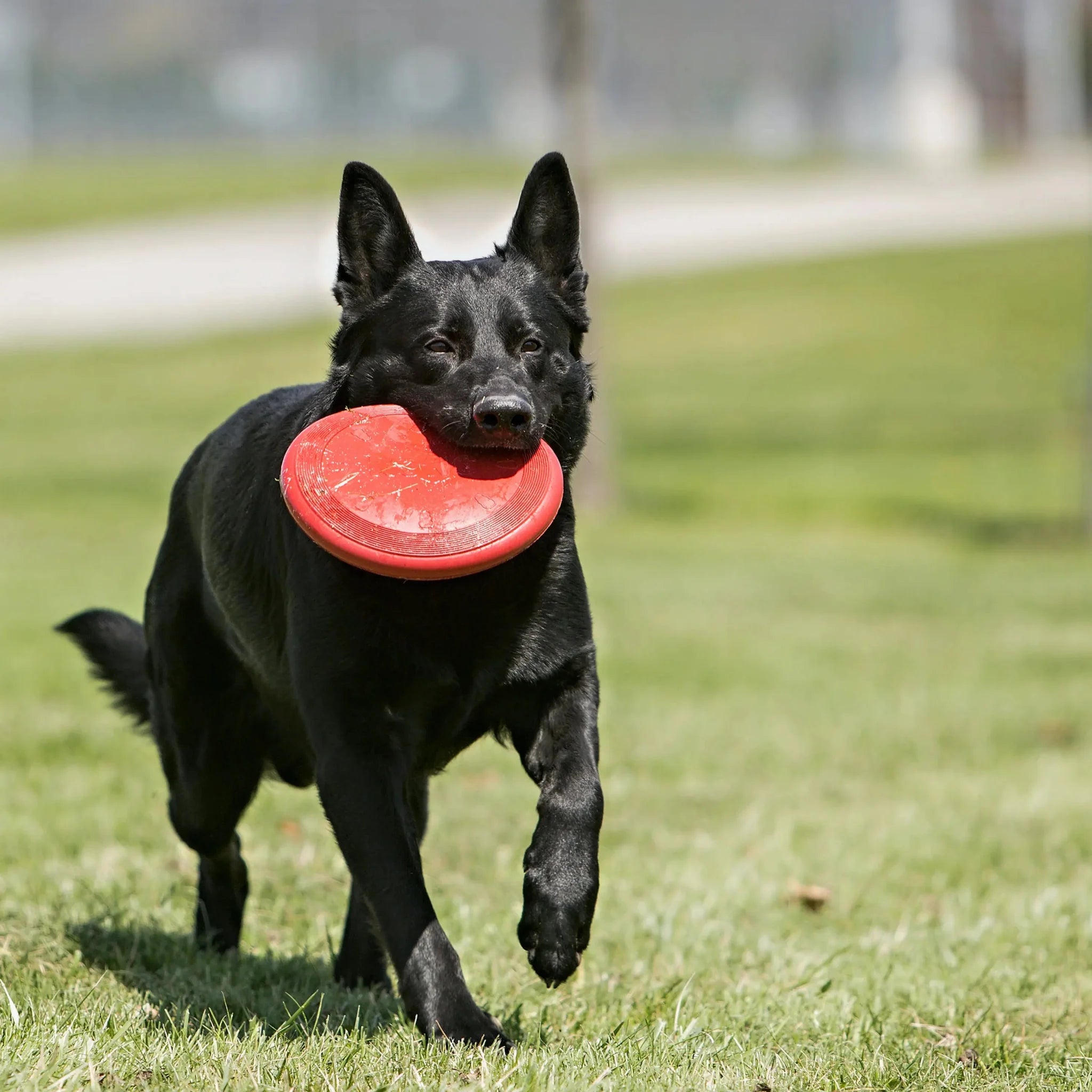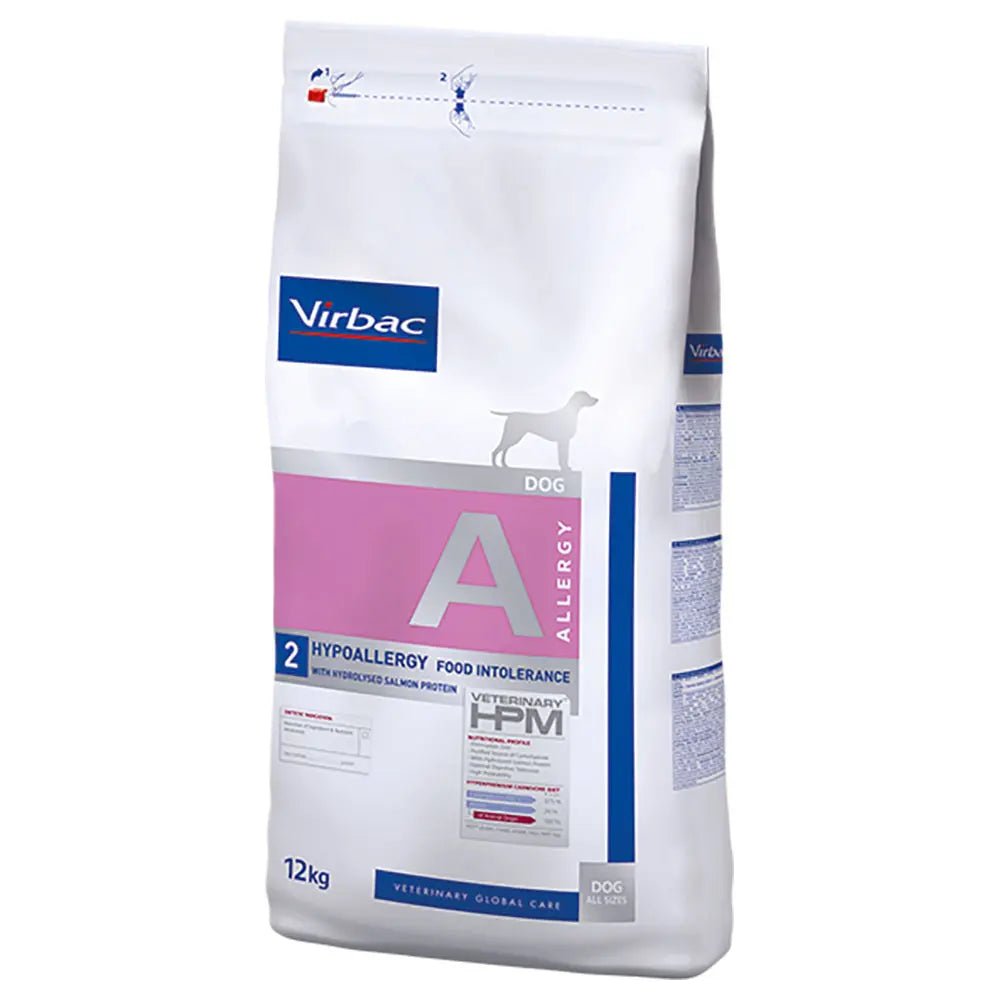Having a dog can be a great joy, but for those who suffer from dog allergies it can present challenges. A stuffy or runny nose, itchy eyes and eczema are just a few of the reactions a dog allergy sufferer goes through when dog and human meet. Fortunately, there are hypoallergenic dogs that can give you the joy of having a four-legged friend without triggering allergic reactions. Read more about hypoallergenic dog breeds in this article, and much more in our blog about everything for dogs .
Definition of hypoallergenic dogs
Hypoallergenic dogs are those that produce fewer allergens than other dog breeds. Many people believe that dogs that do not shed or have fur are completely allergy-free, but this is not true. If you are allergic to dogs, it is not the fur that you react to most, but the allergens in the sebaceous and salivary glands, as well as the urine. In other words, you will, for example, be able to react to the dander on the body of a hairless dog, or the saliva of a dog that drools. The fur is just one of the easiest ways that allergens are spread around.
Did you know that dogs can also have allergies? You can read more about it here .
Are there any breeds that a dog allergy sufferer will not react to?
Unfortunately, there are no dogs that are 100% hypoallergenic. That said, there are dog breeds that may be better suited for people with dog allergies than others. This is because they produce fewer allergens.
You've probably also heard the term hypoallergenic in the context of hypoallergenic dogs . This is also a word that describes dog breeds that are less likely to trigger allergic reactions.
Can you have a dog if you are allergic?
There are big individual differences when it comes to dog allergies in people and how we react to different dogs. Your eyes may start to water from one dog, but not another, even if the dogs are within the same breed of dog! The age and gestation period of the dog also play a role in how you react to the dog. Even if you have never reacted to a dog before, an allergy test may show that you are sensitive to dog allergens.
Think twice before getting a dog if you are allergic.
Consider your dog's welfare. Being rehomed is not ideal for a dog (unless they don't get the attention they need) and can be a huge stress in itself. To avoid a sad farewell for you and your dog, it's a good idea to start by borrowing a dog, or spending a lot of time with other dogs to see how it affects your allergies.
If you have allergies and live with a dog, you can try to keep areas of your home clean, bathe your dog regularly, and vacuum the couch daily to reduce allergens in the environment. Allergy medications can also help with some of the allergy symptoms.
List of hypoallergenic dogs
There are many dogs that produce fewer allergens and are considered hypoallergenic dogs. Below we have compiled a list of different dog breeds that are considered to produce fewer allergens and may work better for dog allergy sufferers than other dogs. Remember that a hypoallergenic dog does not guarantee that they will not trigger allergies in some individuals.
Small: examples of small hypoallergenic dogs
- Affenpinscher
- Bichon Frise
- Havanese
- Bolognese
- Cavapoo/Cavoodle
- Chinese crested
- Coton de tuléar (cotton dog)
- Continental toy spaniel (both papillon and phalene)
- Lhasa apso
- Maltese
- Mexican Hairless Dog
- Shih Tzu
- West Highland White Terrier
- Yorkshire Terrier
Medium-sized – examples of medium-sized hypoallergenic dogs
- Cobberdog
- Cockapoo
- Curly-coated retriever
- Irish Water Spaniel
- Kerry Blue Terrier
- Labradoodle
- Portuguese Water Dog
- Poodle
- Puli
- Tibetan Terrier
- Wheaten Terrier
Large: examples of large hypoallergenic dogs
- Bouvier des Flandres
- Greyhound
- Italian Greyhound
- Giant Schnauzer
- Samoyed
Summary
If you are allergic to dogs, a hypoallergenic dog could be the solution to fulfilling your dream of owning a dog. There are many hypoallergenic dogs that do not produce as much allergens as others, but no dog breed is 100% hypoallergenic. This means that a hypoallergenic dog is not a guarantee that you will not react to the dog. In addition, dog allergies can vary from person to person. This means that you can even have reactions to different dogs even if they are within the same breed. Allergies are a common reason why many dogs have to be rehomed. To avoid this difficult situation for both you and your new family member, it is a good idea to start by spending a lot of time with other people who have dogs, or borrowing a dog before deciding to get a permanent one.















